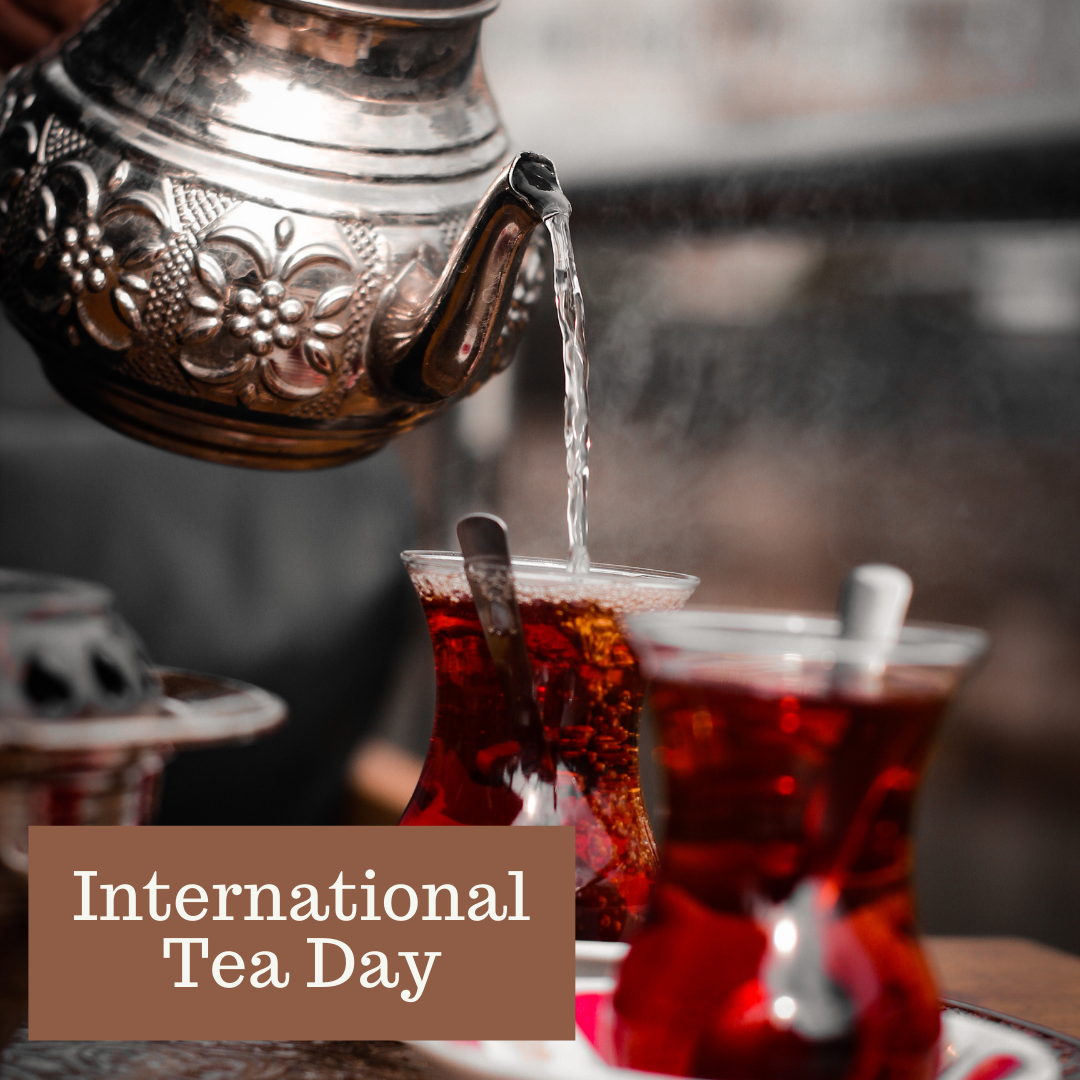✨ Support Small, Shine Big! ✨
💌 40% off with code BLOOMS40 on She Loves Blooms Jewellery 🌈
🛍️ Free AUS SHIPPING OVER $160🌻

The history of freshly brewed cuppa tea can be traced back to northern Myanmar and the provinces of Yunnan and Sichuan in China. Tea discovery was attributed to an accidental revelation when leaves from the Camellia Sinensis plant blew into an Emperor's pot of boiling water. And, the result tea!
All tea comes from one tree - Camellia Sinensis; however, there are different types (White, black, oolong, Pu-erh and green) of teas brought about by how the leaves are processed after harvest.
 Photo credit: Angela Roma from Pexels
Photo credit: Angela Roma from Pexels
Tea is the most popular drink in the world after water, with plenty of evidence of a lasting impact on one's wellness.
Did you know?
 Photo credit: Nikolay Osmachko from Pexels
Photo credit: Nikolay Osmachko from Pexels
Cultural connections to tea
Tea culture is linked with how people interact with tea, the aesthetics surrounding tea drinking, how it is made and consumed. Tea is drunk in many social events like tea ceremonies and different cultures. It is also prepared differently in other parts of the world.
For example, in Tibet, tea is prepared with salt and butter. It is churned to form a hot drink called Po Cha. Tibetans consume Po Cha several times a day. It is believed that tea aids in digestion, keeps the mind focused and promotes a healthy cardiovascular system. The butter prevents chapped lips in the windy Tibet.

Photo credit: Tibettravel.org from google
Impact of tea on the world
Tea has played a role in historical events like the First Opium War. By the 18th Century, Opium was traded for tea, and the British grew Opium poppies in India, exporting them to China and importing tea in return. Tea was a precious and expensive beverage, only a few could afford it. Revenue from sold tea was used to finance the Napoleonic wars.
China resisted the use of Opium due to addiction and other problems caused by Opium. Hence, Opium stopped being a viable commodity of trade. Therefore, the British planted tea on a large scale in India and Ceylon, bringing about an increase in tea and the breakthrough of tea around the world.
 Photo credit: Olenko Sergienko from Pexels
Photo credit: Olenko Sergienko from Pexels
Some benefits of tea
Growing up, tea was part of our household, and we would take it as a family in the morning for breakfast and sometimes in the evening. Tea still is a beverage of choice - It's part of my everyday ritual. I take different types of tea, from herbal tea, purple tea to just milk tea. Kenya is the leading tea exporter globally, which explains my love for tea.
It is Par-Tea with Erstwilder x Kitschy Witch Always Tea Time Alice

Comments will be approved before showing up.